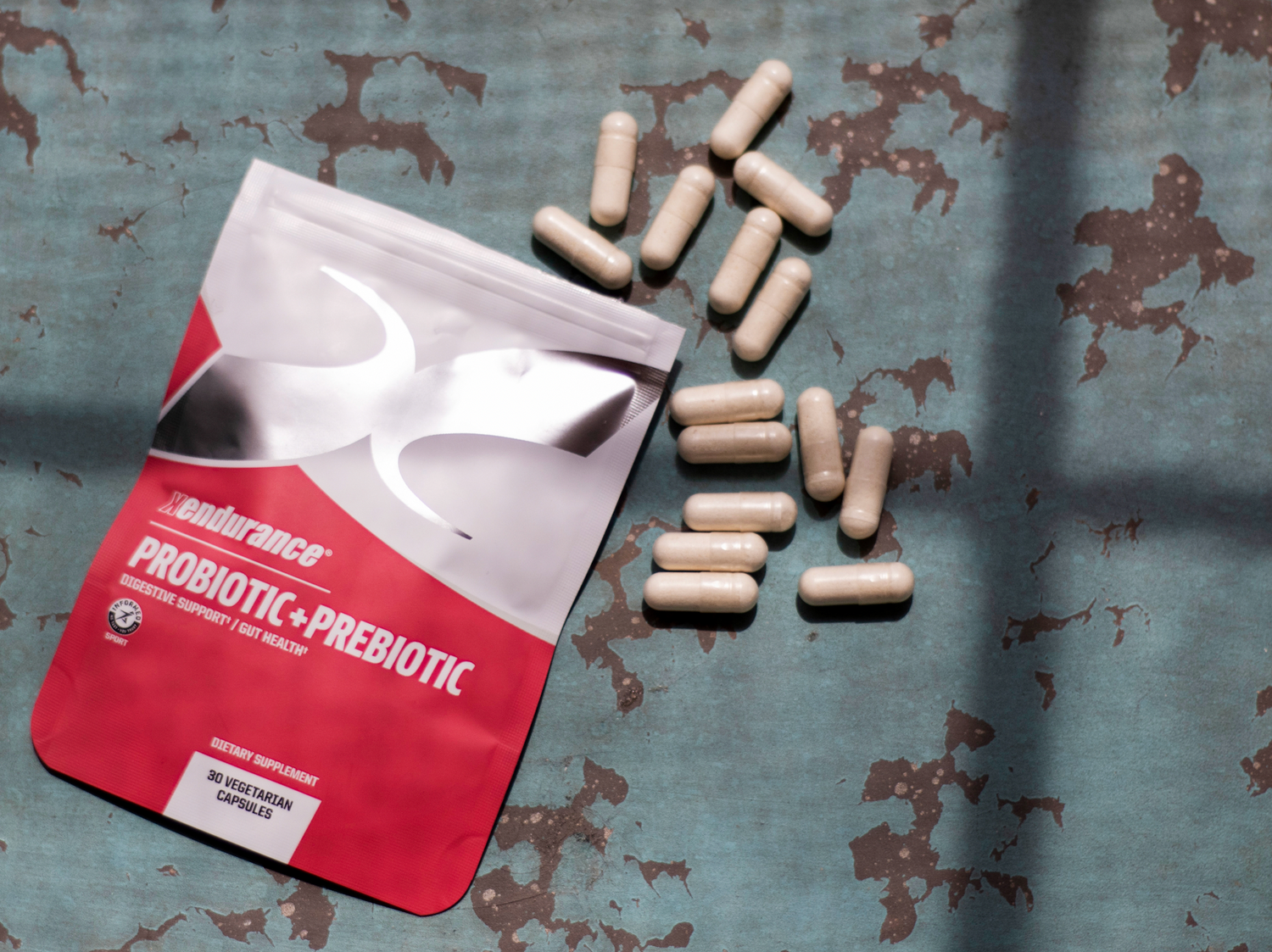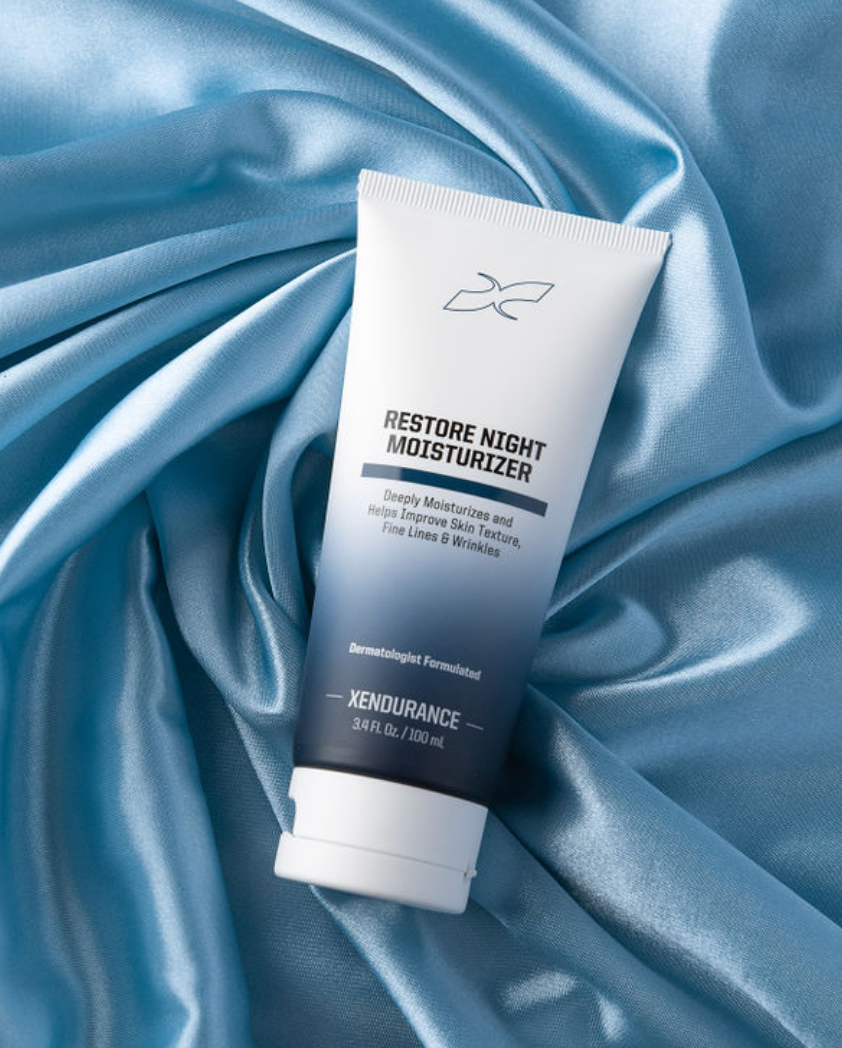A solid skincare regimen is known to help achieve healthy skin, but supplementation is also a fantastic way to get good skin.
The skincare industry has been growing as more people value the health and appearance of their skin. While topical products like serums and creams are what people mostly look for to take care of their skin, many miss out on the benefits supplementation can provide.
Read on for some of the best supplements for good skin that you can try.
Do You Need Supplements for Better Skin?
Yes, supplements can help you achieve better skin. But how?
Think of your skin as a plant. The surface of the leaves can be likened to your skin, and the sunshine it absorbs are topical skincare products you apply. Yes, it nourishes the skin and is crucial to keeping it healthy.
Meanwhile, supplementation can be likened to the water the plant absorbs via its roots. It nourishes your skin from within, like how water nourishes the plant.
Supplements are just as essential as skincare items. While not one is more important than the other, you can achieve incredible results by letting both work together.
The 6 Best Supplements for Healthy Skin
1. Omega 3 Fatty Acids
Omega-3 Fatty Acids are quite versatile in the world of health and fitness, given the many benefits they may bring. In terms of skin health, it plays a crucial role in keeping the skin functioning properly. Not getting enough healthy oils can negatively impact your skin, making them prone to skin diseases.
According to studies, supplementing with omega-3 can help people with skin conditions like psoriasis, atopic dermatitis, and acne. While not much evidence shows that it can improve the skin's appearance (helping clear acne), it brings many benefits regarding the skin's health.
2. Calcium
While most people know calcium as a crucial mineral for the bones, it's also an integral part of our entire body. For one, calcium helps regulate its many functions. Most of the calcium in the skin can be found in the topmost layer.
A deficiency may make the outermost layer look dry, thin, and fragile. It also blocks a healthy skin turnover by stopping the production of new skin cells and the shedding of the dead skin layer. So, to ensure that your skin has a good turnover cycle, make sure you have adequate calcium in the supplements you take.
3. Vitamin A
In skincare, Vitamin A is one of the best ingredients to have. It is one of the skin's protectors against acne and aging. Retinol, a derivative of this vitamin, is one of the sought-after skincare ingredients out there. According to a study, taking a small dose of vitamin A supplements can greatly help reduce moderate acne in a quarter of a year.
While you can supplement with Vitamin A, it's recommended to apply it topically, like using serums and creams. Taking too much Vitamin A can result in toxicity. If you want to supplement with this, it's best to get the low, recommended dose. Also, if in doubt, ask your dermatologist for guidance.
4. Vitamin C
If you want to achieve healthy and good-looking skin, vitamin C is crucial. It's an antioxidant that boosts and regulates collagen production while protecting your skin from harmful UV rays.
According to some studies, vitamin C's role in collagen production doesn't only happen when used as a topical product; it also helps when taken as a supplement.
Other studies also suggest that more vitamin c that's ingested may be linked to the skin looking better. This is thanks to its role in reducing the signs of skin aging, like fine lines and wrinkles.
Besides the skin benefits, vitamin C is safe and has many health benefits, including boosting the immune system and helping maintain cognitive function.
5. Vitamin D
Another excellent skin vitamin to take as a supplement is Vitamin D. It plays a key role in many different biological functions that lead to good health. Some of these include helping strengthen the bones and increase calcium levels. It also helps our body – including our skin – from damaging free radicals while reducing inflammation.
Most people think exposing our skin to sunlight is the best way to get vitamin D, but that might not be the case. Yes, this vitamin is produced in the skin as it's exposed to sunlight. However, taking supplements may be the best way to get a good amount of vitamin D in your system. Exposure to UV rays for a prolonged time to get vitamin D can possibly do more harm than good.
6. Probiotics
A lot of people need to be made aware that gut health has a significant impact on our skin's health. Having an imbalance in the microbe communities in the gut may result in skin issues. This imbalance has been associated with acne and rosacea.
Taking probiotics may help in restoring the healthy balance of gut bacteria. According to studies, it may also help people with bad acne and dermatitis.
However, keeping a good balance in your body's gut communities also needs a healthy balance in your lifestyle. Apart from your diet, stress, lifestyle, and sleep can play a hand in your gut health. If you're eyeing to supplement with probiotics for your skin, consult a dermatologist first for any recommendations.
Let the Supplements Do the Work
What you have in your diet can affect your entire body in health, condition, and appearance. This includes our skin. While most people only think topical products impact skin health the most, this is not entirely the case.
Skincare products and supplements for the skin should go hand-in-hand. Taking the right supplement is vital if you're looking to target a specific skin concern. Try adding these supplements to your diet and see how they improve your health and skin!









コメントを書く
このサイトはhCaptchaによって保護されており、hCaptchaプライバシーポリシーおよび利用規約が適用されます。